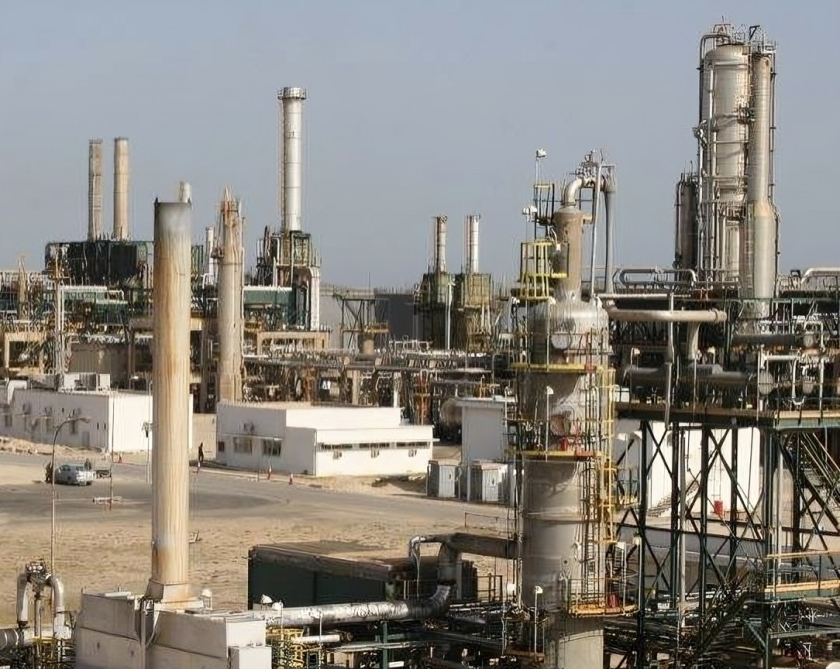KEY POINTS
- Crude oil earned Nigeria $45.6 billion in 2023, making up the bulk of its $63.1 billion in exports.
- Over 80% of Nigeria’s export revenue comes from petroleum, underscoring vulnerability to global oil shocks.
- Infrastructure gaps, policy inconsistency, and oil theft continue to stall diversification efforts.
Petroleum remains king in Nigeria’s export economy, commanding a lion’s share of its foreign trade earnings and reinforcing the West African nation’s position among the world’s major oil exporters, fresh data from StatiSense and the Observatory of Economic Complexity (OEC) has revealed.
In 2023, Nigeria exported a total of $63.1 billion worth of goods, placing it 52nd globally. Of that figure, crude petroleum alone contributed $45.6 billion — nearly three-quarters of the total.
Petroleum gas came in second at $8.26 billion, followed by gold ($1.54 billion), nitrogen-based fertilizers ($1.07 billion), and cocoa beans ($753 million).
The country’s biggest export markets include the United States ($6.14 billion), Spain ($5.89 billion), the Netherlands ($5.26 billion), France ($4.74 billion), and India ($3.88 billion).
These five countries collectively absorb a significant portion of Nigeria’s hydrocarbon outflows.
Despite lofty diversification goals, non-oil sectors still contribute little to Nigeria’s trade profile
Petroleum accounts for over 80% of Nigeria’s export revenue, and while that figure brings in much-needed foreign exchange, economists warn that the imbalance leaves Nigeria dangerously exposed to fluctuations in oil prices, changing global demand, and the accelerating global transition to clean energy.
Successive administrations have promised to wean the country off its oil dependence, but progress has been halting. Non-oil exports — including agricultural products and manufactured goods — continue to play a marginal role in the national trade portfolio.
Structural barriers such as oil theft, inconsistent policy frameworks, poor infrastructure, and underinvestment in alternative sectors have stalled the country’s diversification agenda.
Nigeria’s Economic Complexity Index paints a troubling picture: the country ranked 129th out of 132 in 2023, indicating a narrow export base.
In technology complexity, it was 95th out of 96 in 2021. On a brighter note, Nigeria ranked 51st out of 137 in research complexity as of 2023, offering a glimmer of hope for knowledge-based trade advancement.
Across Africa and beyond, Energy News Africa reports that countries are diversifying with signature exports: Kenya with tea, Ethiopia with coffee, Madagascar with vanilla, and South Africa with gold.
Outside the continent, nations like Japan, Germany, France, and Malaysia are known for exporting high-value, complex products such as engines, aircraft, and electronics — stark contrasts to Nigeria’s largely raw commodity profile.



